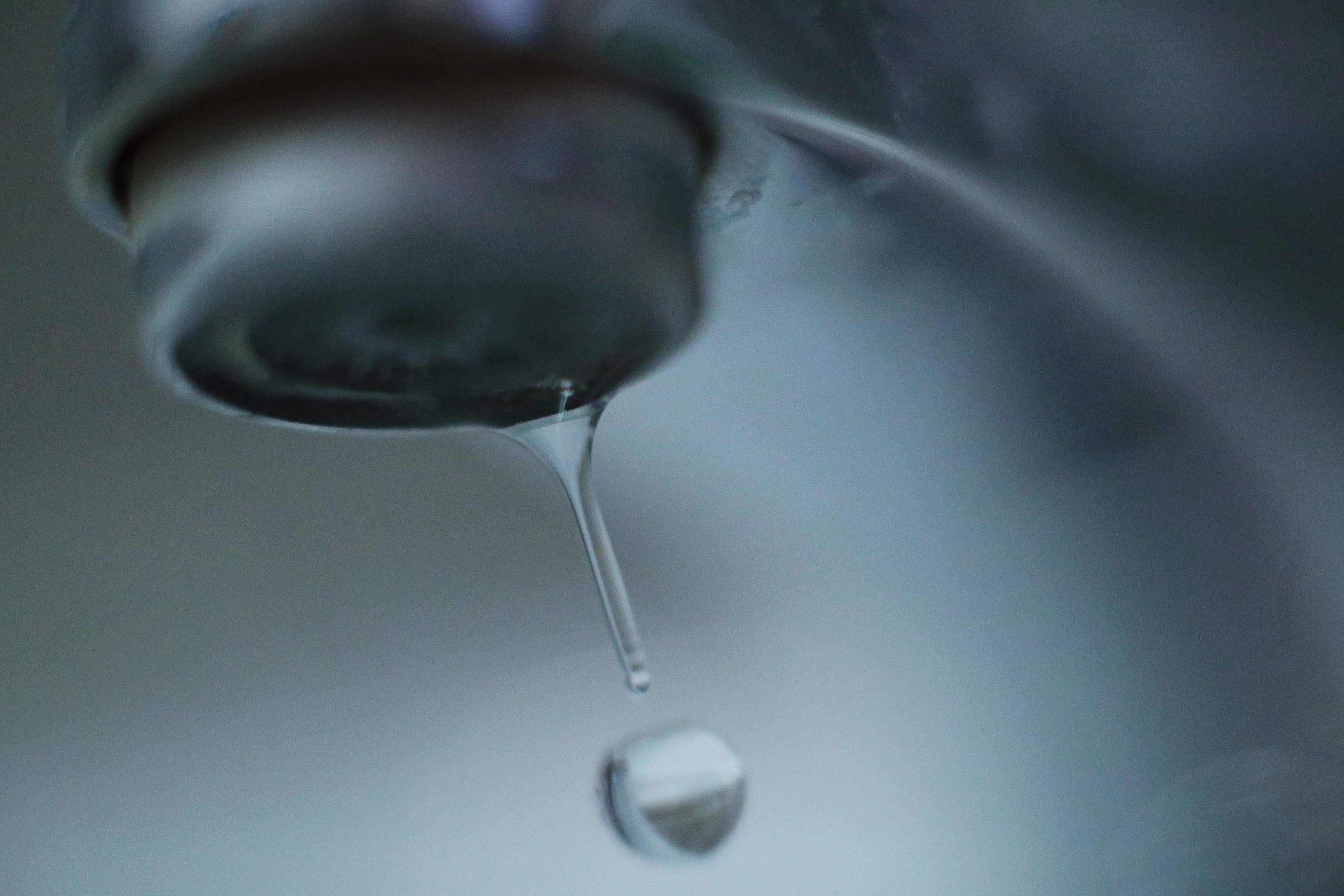Demand for drinking water could outstrip supply by mid-2030s, Government warns
Environment Secretary Steve Reed stressed the need for more reservoirs and better water infrastructure.

Your support helps us to tell the story
From reproductive rights to climate change to Big Tech, The Independent is on the ground when the story is developing. Whether it's investigating the financials of Elon Musk's pro-Trump PAC or producing our latest documentary, 'The A Word', which shines a light on the American women fighting for reproductive rights, we know how important it is to parse out the facts from the messaging.
At such a critical moment in US history, we need reporters on the ground. Your donation allows us to keep sending journalists to speak to both sides of the story.
The Independent is trusted by Americans across the entire political spectrum. And unlike many other quality news outlets, we choose not to lock Americans out of our reporting and analysis with paywalls. We believe quality journalism should be available to everyone, paid for by those who can afford it.
Your support makes all the difference.Demand for drinking water could outstrip supply in the 2030s unless new reservoirs are built, Environment Secretary Steve Reed has warned.
He said the UK risks being like some countries in the Mediterranean which are already experiencing water shortages.
Mr Reed has launched an independent review into the water industry in response to anger over rising bills, bosses’ bonuses and pollution.
The Environment Secretary told LBC Radio: “The lack of water infrastructure is now holding back economic growth in this country, so we can’t build the homes that we need in parts of the country.
“Cambridge, for instance, lacks clean water supply. Oxford lacks sewage systems sufficient to allow housebuilding to go ahead.
As things stand, by the mid-2030s we start to have a shortage of drinking water
“A third point here is that by the mid-2030s unless we take action to increase water supply – reservoirs as well as infrastructure – then the demand for drinking water will start to outstrip supply, in a way that already happens in some Mediterranean countries.
“We cannot allow the water system, the water sector, to continue in this way.”
On BBC Radio 4’s Today he said: “As things stand, by the mid-2030s we start to have a shortage of drinking water.”
A National Infrastructure Commission report published in 2023 highlighted “no major water resource reservoirs have been built in England in the last 30 years”.
The Environment Agency said in 2019 that clean water demand could outstrip supply within 25 years.
The point where the line of rising demand crosses the line of falling supplies on a graph – known by some as the “jaws of death” and spelling the moment there will not be enough water to meet needs – could occur by 2044, the agency’s then chief executive Sir James Bevan suggested.